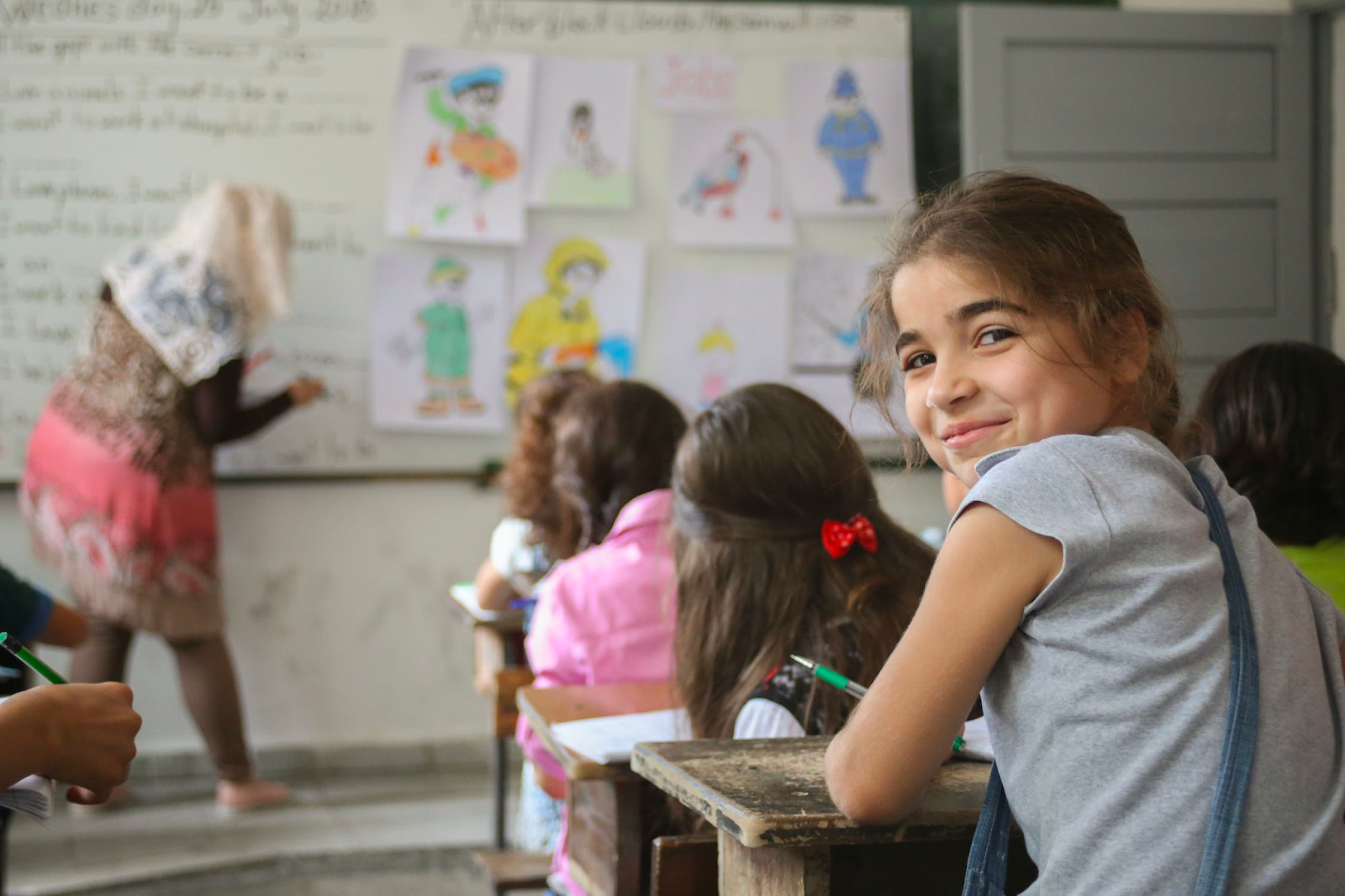It’s an exciting time of year as families send their children back to school. To ensure kids are able to learn and have fun, it’s essential to focus on their health and find ways to keep them well throughout the school year. Of course, this is easier said than done with kids, especially when they are involved in many activities and school commitments.
However, families can make a difference by using specific tips and tricks that make it easier to keep their children healthy. These tips can help kids of all ages avoid unwanted illnesses, whether they’re just starting off in kindergarten or going to high school. Student health is linked to academic achievement, so taking the time to keep kids healthy is definitely worth it.
So what are some tips and tricks families can use to ensure their children have a healthy school year? Keep reading to learn more!
Stay on Top of Vaccinations
Getting vaccinated can help children stay protected as they grow and keep them out of the nurse’s office. Vaccines also protect the people around a child, including their friends, classmates, and family members. A typical vaccine line-up for children and young adults aims to prevent diseases such as polio, tetanus, hepatitis, rubella, and Hib (Haemophilus influenzae type b).
Along with offering these vaccinations, Montes Medical Group also provides vaccines that address the flu, measles, whooping cough, Pneumococcal disease, HPV, and more. We highly recommend families and their children get vaccinated in order to prevent the onset of these diseases and minimize their spread.
Be Aware of Heat-Related Illnesses
Hot weather can lead to heat-related illnesses if precautions aren’t taken. This can also happen in school when children are participating in outdoor activities. Thankfully, there are ways to recognize, prevent, and treat heat-related illnesses. For example, it’s best to schedule workouts and practices early or late in the day to avoid the midday sun. Water should always be readily available when outside and sunscreen should be applied as indicated.
Wearing loose, lightweight, and light-colored clothing can also help prevent heat-related illness. Children should be advised to pace their activities and given the opportunity to move indoors if the weather is too hot outside.
Practice Regular Hand Washing
Regular handwashing can go a long way in helping children avoid getting sick. This is because germs are everywhere and coming in contact with them through our hands can lead to illnesses. Thankfully, washing our hands regularly with soap and water is an easy and effective way to remove these germs. Doing so can reduce our chances of catching an illness and prevent the spread of diseases or colds to other people we may come in contact with.
Parents, teachers, and caregivers should properly instruct students on how to wash their hands along with why it is so important to do so. Encourage them to wash their hands before eating food, after going to the bathroom, after blowing their nose, sneezing, or coughing.
Eating Healthy Food & Staying Mobile
Helping children maintain a healthy weight is essential for their well-being. In fact, kids with obesity are at a higher risk of developing asthma, sleep apnea, bone and joint problems, high blood pressure, high blood cholesterol, and type 2 diabetes. They may also suffer from increased levels of social isolation, depression, and lower self-esteem.
Since school-aged children eat nearly half of their calories at school, it’s vital that they practice healthy eating on campus. Make sure they are set up for success and have access to fresh fruits, vegetables, dairy, lean meats, and grains.
Staying active can also help a child’s well-being by reducing anxiety levels and boosting focus levels. It is generally recommended that kids get at least 60 minutes of physical activity every day. For example, this could look like a walk in the park, playing sports, or going for a run.
Conclusion
In conclusion, there are a lot of great ways for children and their families to stay healthy during the school year. Make sure to teach children how to properly wash their hands and ensure that they have access to healthy foods throughout the day. Give them the opportunity to be active for at least an hour every day, and stay aware of heat levels to avoid heat-related illnesses. Finally, making sure children are fully vaccinated can protect them from serious health issues while also protecting those around them.

